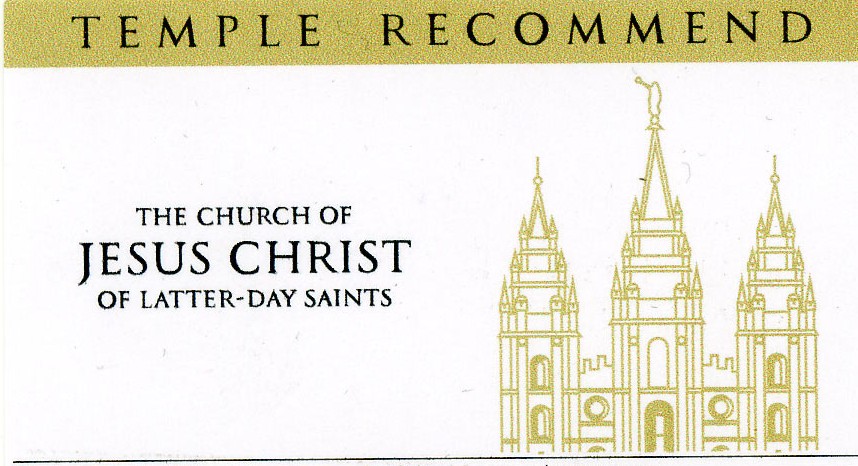Question
Gramps,
My wife and I recently retired. We have begun receiving Social Security and Medicare. What do you advise regarding tithing?
Jack
Answer
Jack,
Tithing is an important commandment for several reasons. The obedience of the commandment helps build an appreciation for sacrifice. The money is used to provide needed support for the Church such as maintaining the meetinghouses, temples, and publications that are used during the Sabbath. I could continue, however I feel you are quite well versed in the principle already.
The scriptures tell us this in Doctrine and Covenants 119:4
And after that, those who have thus been tithed shall pay one-tenth of all their interest annually; and this shall be a standing law unto them forever, for my holy priesthood, saith the Lord.
So the standard is one tenth of all our interest annually. Simple enough so far. However the actual definition of that has some room for interpretation. For instance the most common question is “Does that mean our gross income, or is it after taxes?” In my thinking, and according to nearly every bishop I’ve discussed this with, the actual answer is left up to us. We actually do not answer to the bishop for our tithes, but to the Lord. We give an accounting to the bishop as to whether or not we feel we are full tithe payers. As such, if we feel we are honestly paying a full tithe, then we may answer ‘yes’ with a clean conscience.
As for your question regarding payment of tithes during retirement years, I feel that the same conditions apply. Suppose you paid tithes on your gross income all your life. You could, possibly, consider your retirement benefits to have already been tithed, and thus not pay further tithing on them. This is the rational approach that I can put together. However I think it misses the spirit of the commandment as it was intended. Let me approach this from a different angle.
Let’s briefly discuss the Word of Wisdom. Clearly, all the ways it can be obeyed and disobeyed are not given within the scriptures themselves. Instead it was given as ‘a principle with a promise’. To my ears, the Word of Wisdom, and by connection, the Law of Tithing, were given to us in the spirit of educating us in the ways of God. In other words, the obedience to the principle was, and is, intended to open our eyes and broaden our minds to what takes place as obedience becomes habit, and as habit becomes lifestyle. While both laws are clear in their immediate intent, the long-term purpose can sometimes elude us. For the Word of Wisdom, the long-term purpose is to look to our health and maintain our bodies as best we can in this life. At first we are told to do this out of common sense; not many people want to be deliberately sick all the time. However the long-term impact comes around due to the respect we are paying to the Savior Jesus Christ by taking care of the bodies He suffered and died for so we could regain them in the eternities.
Thus, tithing in the here and now is obedience to help support the Church in its ecclesiastical efforts, from which we benefit directly as members. The long-term message is to gain an understanding that whatever we give to the Lord, whether out of mere obedience, or out of loving and willing sacrifice, we do so trusting that he will make a better use of those funds than we would. We do so trusting that sacrificing whatever is asked will bring upon us blessings from heaven too numerous to count. We then gain the understanding of how temporary and small the greatest and most wondrous things the world can offer truly are. They are insignificant compared to the promises, blessings, and glory awaiting those who are obedient to the will of the Lord.
Ultimately, whether you tithe your retirement benefits or not, again, that is a matter between you and the Lord. Making it a matter of prayer will always lead you true to His path. May God be with you always.
Gramps







